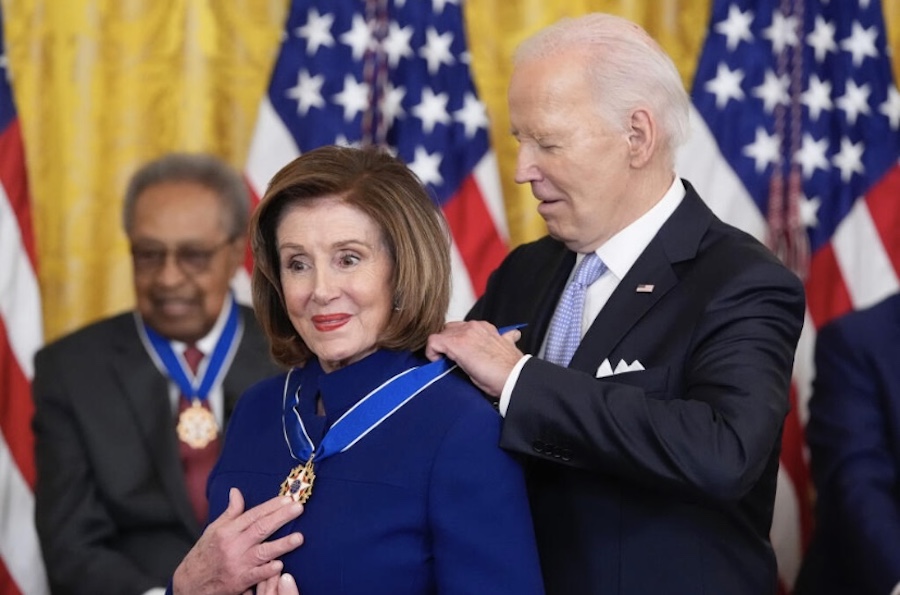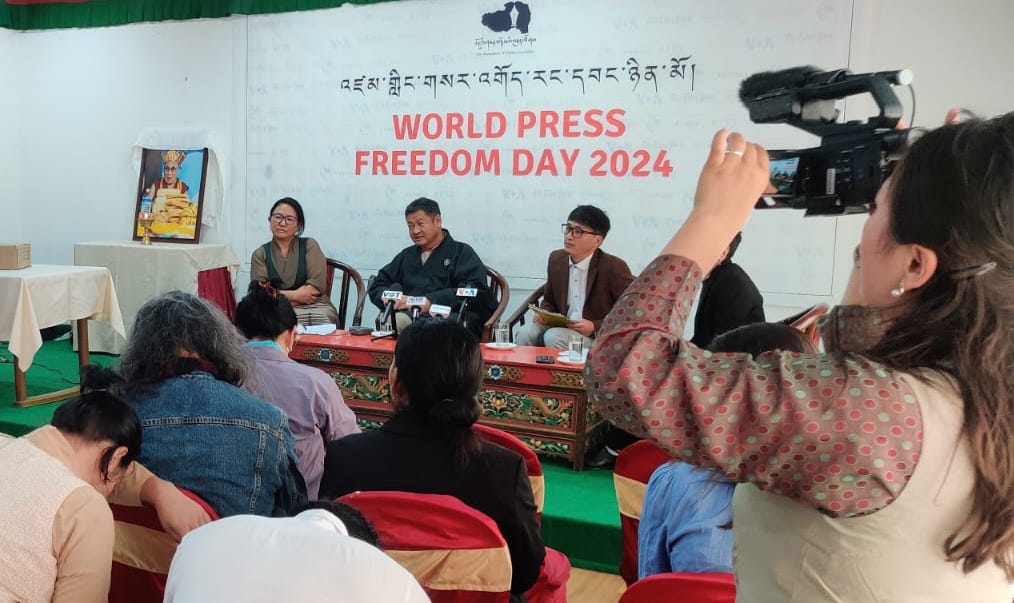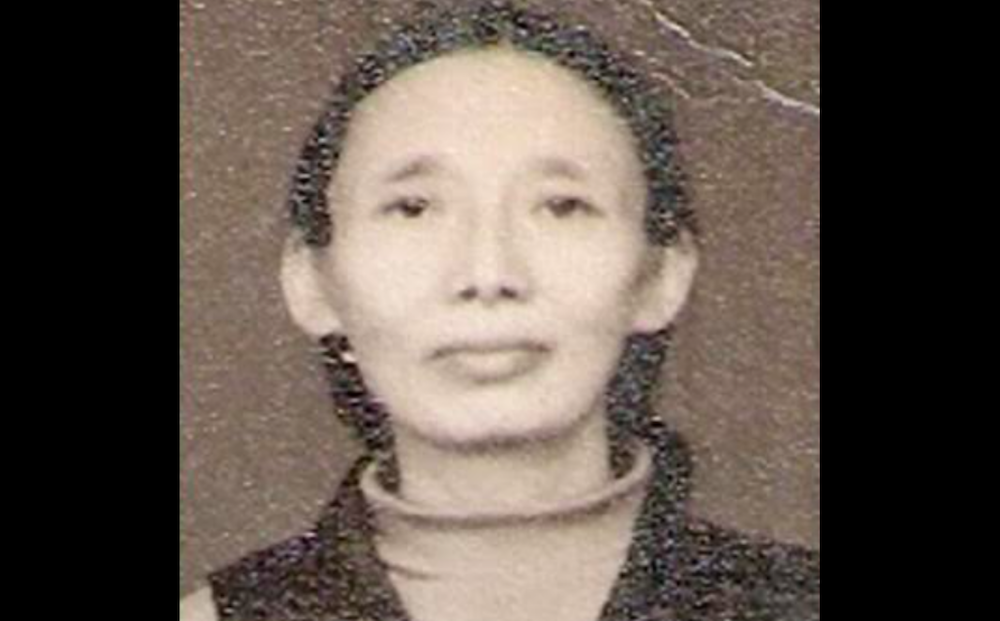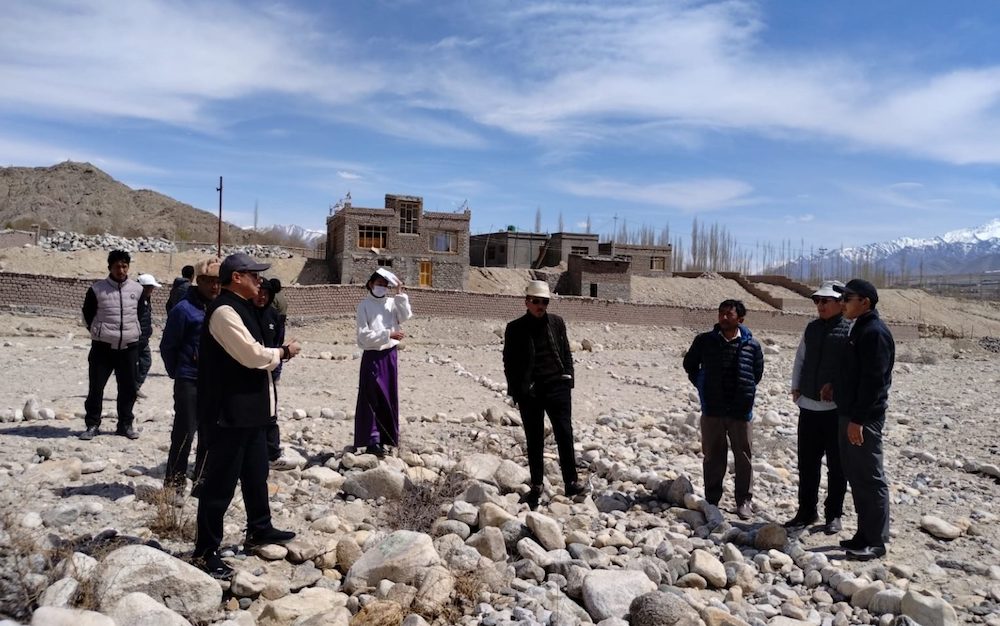By Manik Mehta
It takes guts for foreign dignitaries on state visits to China to depart from their hosts’ strictly choreographed script and raise the issue of human rights. When German President Johannes Rau paid a visit to China in mid-September, however, he did not bend to pressure.
In the course of his political career, Rau has been known for his candid expression of views, which has rankled not only political rivals but, sometimes, even political allies. True to form, during his China visit, he refused to be arm-twisted into soft-peddling human rights, making no bones about the fact that, to him, they were as important as economic ties with China.
Even before leaving home, Rau said in Berlin that he would talk to the Chinese leaders about the need for political reform. Putting it positively, he offered Germany’s assistance and support for the democratization of China. Germany, he said, had become China’s leading trading partner in Europe as a consequence of China’s stunning economic dynamics; and Berlin would also like to become Beijing’s partner in democratic and social transformation.
Rau reminded his hosts that China had already signed and ratified the first human-rights convention of the United Nations on economic, social and cultural rights, adding that it still needs to ratify the second convention on civil and political rights. “Germany will support China in implementing both the pacts,” he said.
Even when conferred with an honorary doctorate by the University of Nanjing, Rau did not mince words. Though he expressed his gratitude for the honor, he urged China to be courageous in carrying forward reforms. “We encourage and support all countries in treading the path to democracy, freedom and human rights,” he said.
While delivering a lecture at the school titled “Democratic Principle as a Precondition for a Modern Society,” Rau opined that China appears to be moving “in a fundamentally new political direction.” This, he said, is a wise choice in view of “the realization that a huge country like China cannot be governed well in the long run with authoritarian policies.” To the surprised and irritated audience of students and politicians, he called for the establishment of independent courts, qualified judges and lawyers with specialized expertise.
Unlike most visiting dignitaries, who tread softly out of fear of harming their country’s economic interests, Rau emphasized that nurturing economic ties while championing the cause of human rights was not contradictory. Anticipating the stock argument of Chinese leaders who regard criticism of their human rights violations as interference in their internal affairs, Rau said that espousing human rights constitutes neither interference in China’s internal affairs nor imposition of Western values. There can be “no compromises on the basic idea” of the right to life and freedom and “protection against torture and highhanded imprisonment.” Before Rau embarked on his China visit, the German chapter of Amnesty International (AI) urged him to openly criticize Chinese human-rights policy. “There is no sight of a fundamental improvement in the situation since there is no political pressure on the Chinese government,” said Dirk Pleiter, in charge of AI’s China desk.
Noting that Chinese authorities persecute labor unionists and are particularly harsh toward those trying to form independent trade unions, the organization urged Rau to seek the immediate release of trade union activists Li Bifeng and Zhang Shanguang, sentenced to seven and 10 years’ imprisonment for having given interviews to foreign reporters. Pleiter also complained that China had not implemented the U.N. convention against torture, alleging that besides trade unionists, members of the Falun Gong movement and ethnic minorities have likewise been tortured.
According to AI, capital punishment is dispensed lavishly in China without benefit of fair trial, with more than 60 additional types of offense having become punishable by death in recent years. The yearly tally of executions in China exceeds the total for the rest of the world. Official Chinese data indicates that from early 1990 until the end of 2001, more than 33,500 people were sentenced to death and about 22,000 executed. The actual figures are much higher, AI contends.
The organization, which as a matter of principle views capital punishment as a violation of the most fundamental right to life, points out that this is obviously the case when such punishment is applied, as in China, to corruption and other crimes that involve no violence. Many human rights activists in Germany fear Hong Kong’s future enactment of an anti-subversion law may eventually lead to such unjust treatment of dissidents or Falun Gong members in the former British colony.
Rau’s frank dialogue with Chinese leaders has earned him respect from many human rights activists not only in Germany but also in other parts of the world. He has also quietly supported the Tibetan rights movement without, however, abandoning the official German policy line that Tibet is an integral part of China. It is to be hoped that more world leaders will follow Rau’s example, not sacrificing universal human rights for fear of being left out of the vast China market.
Manik Mehta is a free-lance writer based in New York.









